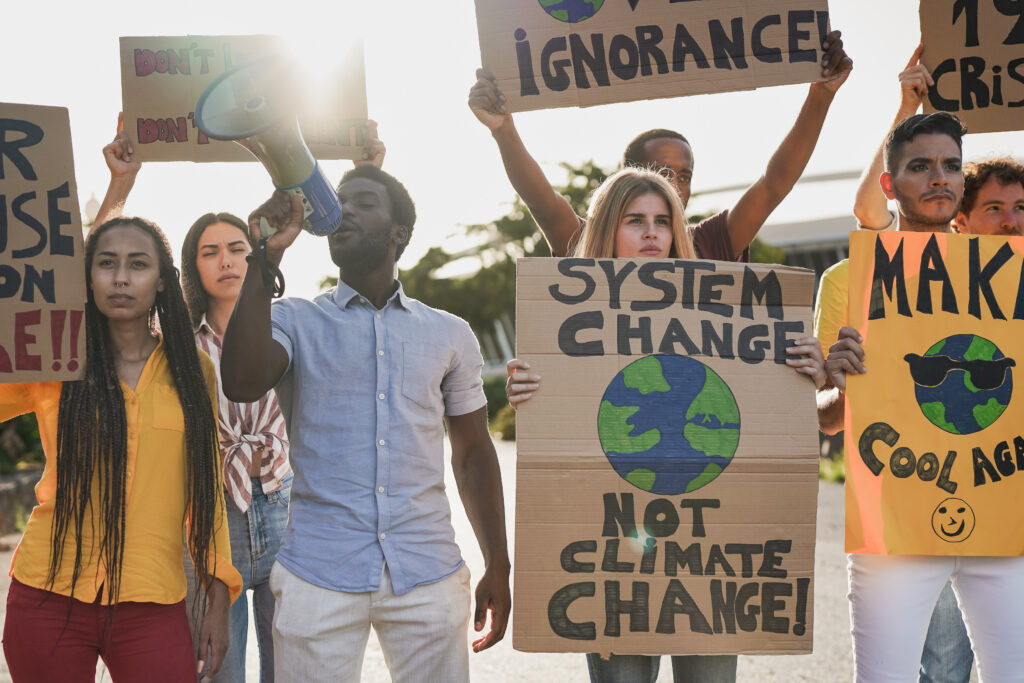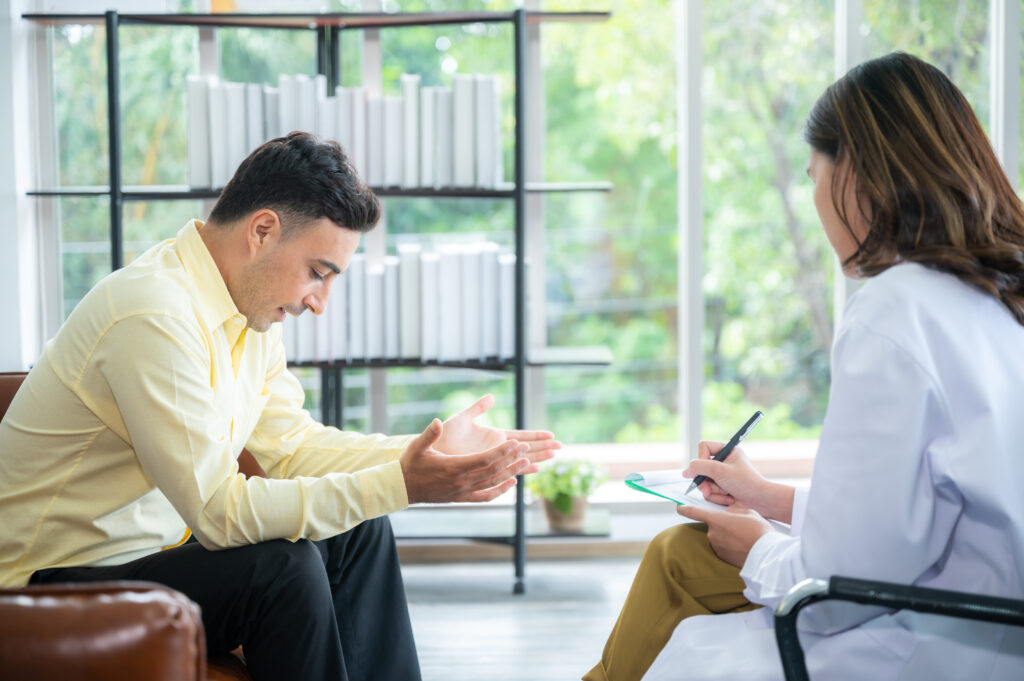
How long should you be quarantined after exposure and isolating with COVID-19? At least 5 days, states recently updated guidelines released by the U.S. Centers for Disease Control and Prevention (CDC).
* The first appearance of symptoms should be treated as ‘Day 0’ rather than ‘Day 1’. The same applies to the first positive test result for those who are asymptomatic.
The CDC originally cut the duration spent in isolation from 10 days to 5 back in December 2021. Once symptoms resolve or show no signs of fever for 24 hours, one can end isolation and wear a mask around others for a further 5 days.
Moreover, for individuals undergoing quarantine after possible exposure, the update stated the following:
- People who are unvaccinated or six months removed from their second mRNA dose should quarantine for 5 days. Following the 5-day quarantine, they must wear a face mask for 5 more days.
- Individuals who received a booster shot are no longer required to quarantine after potential exposure. However, they should continue to monitor symptoms and wear a mask 10 days after exposure.
- The best practice is ALWAYS to get tested 5 days after exposure and to wait for a negative test result before ending quarantine.
The update was made after studies revealed that transmission of the COVID-19 virus occurs during the first 5 days; 1-2 days before the onset of symptoms, and 2-3 days after.
* When calculating your days in isolation, day 1 should be the first full day after the onset of symptoms or when your test results come back positive.
* In both instances, one must avoid traveling and being with others who are more susceptible to the virus.
So, what exactly is the difference between quarantine and isolation?
Quarantining is when one stays away from others after close contact with someone who tested positive for COVID-19. Meanwhile, isolating with COVID-19 refers to someone who stays away from others because he/she tested positive for the virus. This also applies to asymptomatic patients who have tested positive.
While the CDC says you must isolate for 5 days after a positive test or when symptoms appear, it’s vital to monitor symptoms even after isolating with COVID-19.
The CDC recommends a 10-day quarantine for everyone who lives in places with a high risk of secondary transmission. Some of these places include prisons, homeless shelters, and other congested areas. This is advised even if people have been vaccinated or received a booster shot.
COVID-19 symptoms
Individuals with COVID-19 will show a wide range of symptoms, regardless of the variant. After exposure to the virus, symptoms can start to appear 2-14 days later. Anyone can experience a range of mild to severe symptoms.
Remember, while isolating with COVID-19, be wary of the following symptoms:
- Chills or fever
- Cough
- Shortness of breath
- Fatigue
- Muscle pain
- Headache
- Sudden loss of taste or smell
- Throat pain
- Congestion or runny nose
- Nausea
- Diarrhea
The list above may be subject to change the more we continue to learn about the COVID-19 virus. For a complete and regularly updated list, please visit the official CDC website here.
Isolating with COVID-19? Keep calm!
Once you test positive, meaning you have to start isolating with COVID-19, don’t panic. It’s normal to feel anxious or guilty once test results come back positive, or if you start to experience symptoms.
Lauri Pasch, Ph.D., and professor of psychiatry at the University of California, San Francisco, told Healthline that the best way to deal with anxiety or guilt is to maintain open communication.
“If you’re suffering from the feeling of ‘It’s my fault or you made these things happen to all these other people’, those dark emotions really need the light of day to have successful emotional processing.”
She added that to manage anxiety, it’s best to practice deep breathing exercises – and steer clear of any negative media.
Positive activities to do while isolating
Once you test positive for COVID-19, conserve your energy and engage in fun activities. This will keep you feeling positive and also help to pass the time.
Here’s a list of activities that you can choose from:
1. Keep a journal
Writing a journal will help you work through your thoughts and feelings. It can be a therapeutic outlet for all you are experiencing and will keep your mind active.
2. Read books
Novels help your mind travel to different worlds, allowing you to escape reality for a little while. They will also expand your vocabulary and provide valuable insights.
3. Listen to music
Music has the power to affect your mood positively. It can be a great source of comfort, especially when you’re all cooped up in a room by yourself for days.
4. Watch movies or videos
Similar to reading books, watching movies or videos can also offer a much-needed escape from reality. Just make sure to watch comedies or movies with a happy ending to keep your spirits high!
5. Connect with loved ones
You may be physically isolated, but you can still stay connected with your loved ones. Moral support and encouragement is one of the best treatment options available. It can be by talking to them over the phone, exchanging text messages, or video chats.
6. Meditate
Meditation can help you focus on the present moment and find peace despite all that is happening around you. There are plenty of excellent online resources that will teach you how to do it right.
7. Learn a new skill
This can be a great time to expand your horizons and learn a new hobby. Tackling a new challenge can help your brain stay sharp and give you a sense of accomplishment.
Recreational activities while isolated with COVID-19 will take your mind off the stress of waiting for your isolation to end. These activities will help keep you occupied, engaged, and positive during this difficult time.
Final word
COVID-19 should not be taken lightly, even if you’re up-to-date with your vaccination. It is a virus that can cause severe and long-term illness in some people.
If you are at risk for COVID-19 or if you do test positive for the virus, it is vital to take measures to protect yourself and the people around you. This includes quarantining after exposure, isolating with COVID-19, and wearing a face mask up to 10 days after initial exposure.
By taking these precautions, you can help prevent the virus’ spread and protect yourself and others.
Moreover, it is also essential to take care of your mental health. Be sure to stay connected with loved ones if possible and to engage in positive activities to keep you busy.
If you experience symptoms of COVID-19 or were in close contact with someone who tested positive for the virus, get tested right away. Early diagnosis is best for you, and for all those around you.
To request a FREE COVID-19 testing kit, please click here.







